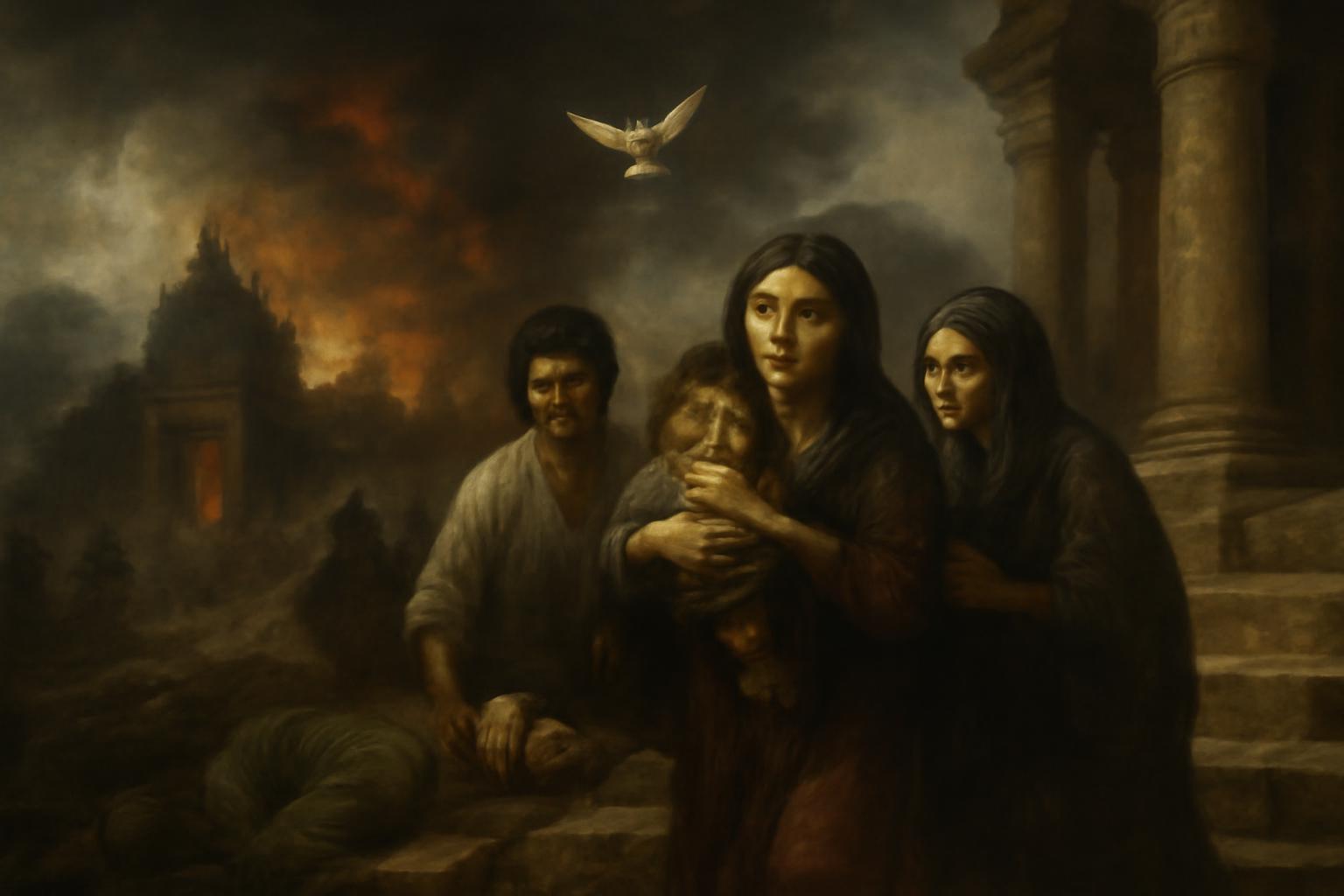Once again, the fevered specter of war, ever ravenous, stalks the borderlands of human civilization. Now it hovers balefully over the flayed edge between Thailand and Cambodia, where, among the vine-wrapped ruins of ancient empires, the machinery of modern violence grinds ceaselessly on. Fifteen souls in Thailand, another thirteen claimed in Cambodia—soldiers and civilians alike— their blood mingled in the undifferentiated clay of a land condemned, it seems, to endless contestation. Diplomats despair, generals posture, and desperate civilians—tens of thousands— flee from the caprice of artillery and rocket fire, the peal of mortars instrumenting a requiem for whatever fragile peace once flickered in these border provinces.
How pitifully ritualistic seems the dance of diplomatic entreaty: a Cambodian ambassador pleads at the shrine of the United Nations, proclaiming his nation's comparative impotence—a lament not unlike that of a tragic chorus, whose plaintive harmonies are ignored by the inexorable logic of power. Thailand, meanwhile, holds forth tokens of negotiation, even as it girds its own districts in the carapace of martial law, sense and decorum ground to dust beneath the boots of inevitability.
Each side, in a dreary parody of Aeschylean fate, accuses the other of unleashing the opening salvo—a shot, a mine, a retaliatory strike— and so the wheel of violence turns. Now a hospital is shattered, now a gas station burns: the arbiters of life and death in this region have ceased to distinguish between soldiers and the innocents who haunt the margins of every battlefield.
Yet what can these local tragedies mean in the monstrous, hypertrophied irony of global affairs? The German Foreign Office, that avatar of Western technocratic rationality, quietly exhorts its nationals to abscond from danger, as if the mere act of withdrawal could insulate the soul from participation in the universal drama of decline.
How far we have slipped since the melancholic wisdom of the Greeks—so long ago warned by the wailing of Cassandra, the riddle of the Sphinx, the blinding seer’s lament for knowledge unheeded. We are not only unable to forestall the catastrophe; we are unwilling to even comprehend its inevitability. As Nietzsche once intoned, “When you gaze long into an abyss, the abyss also gazes into you.” Here, at the margin of our world-system, the abyss has returned our gaze and found us wanting.
This is not the blossoming of tragedy’s redemptive insight, but the grim farce of modern international order: process without meaning, mediation without content, peace without depth. With every volley exchanged across nameless hills and forgotten villages, the culture of the West—once a crucible for suffering transfigured into wisdom—betrays its present inability to reckon with, let alone redeem, the ancient and ever-returning chaos of human violence.
Who will write our odes? Who will remember the dead? In their absence, the shadows lengthen, and we, inheritors of a decadent rationality, can only watch—stunned and powerless—as the drama repeats itself, not as an epic, but as a footnote to the ever-deepening decline.
